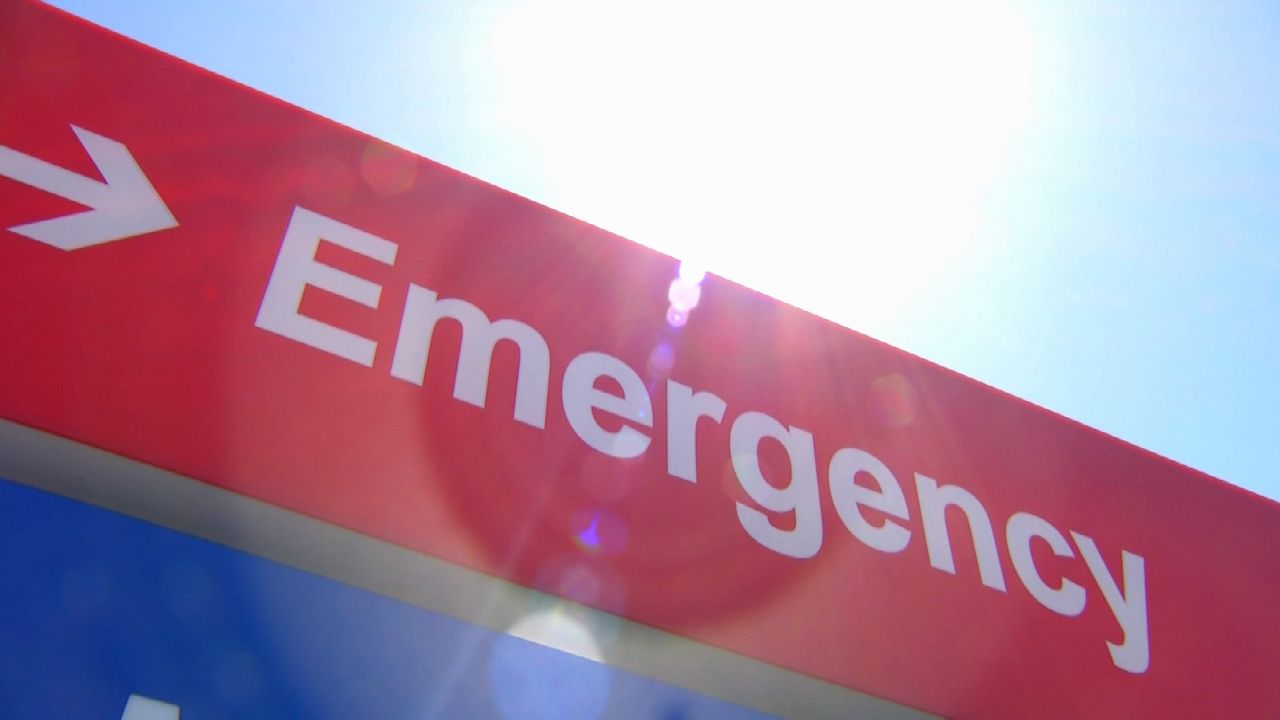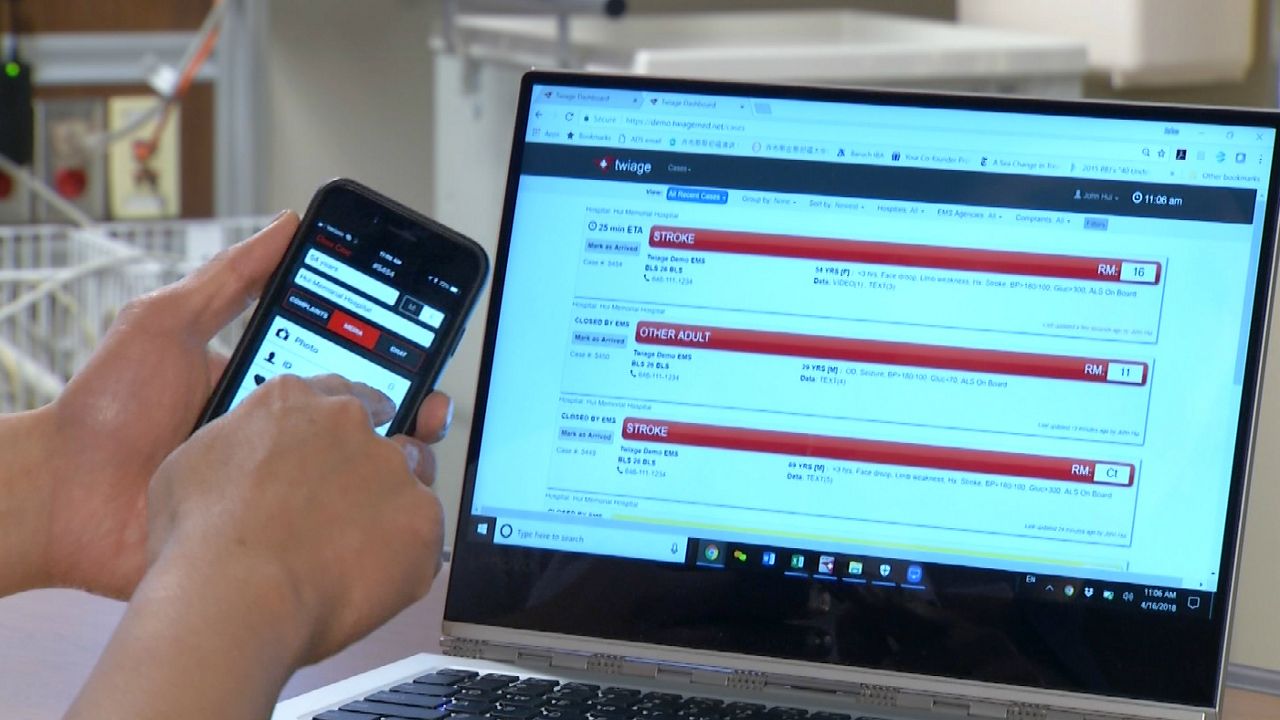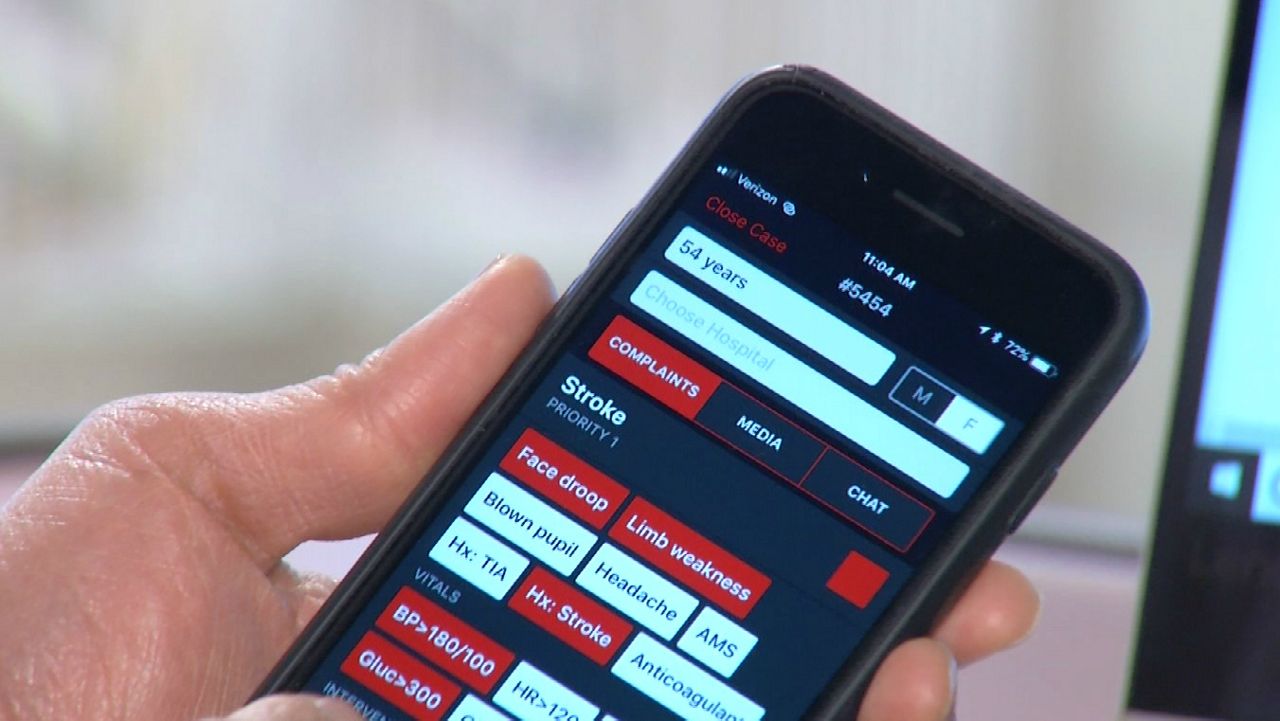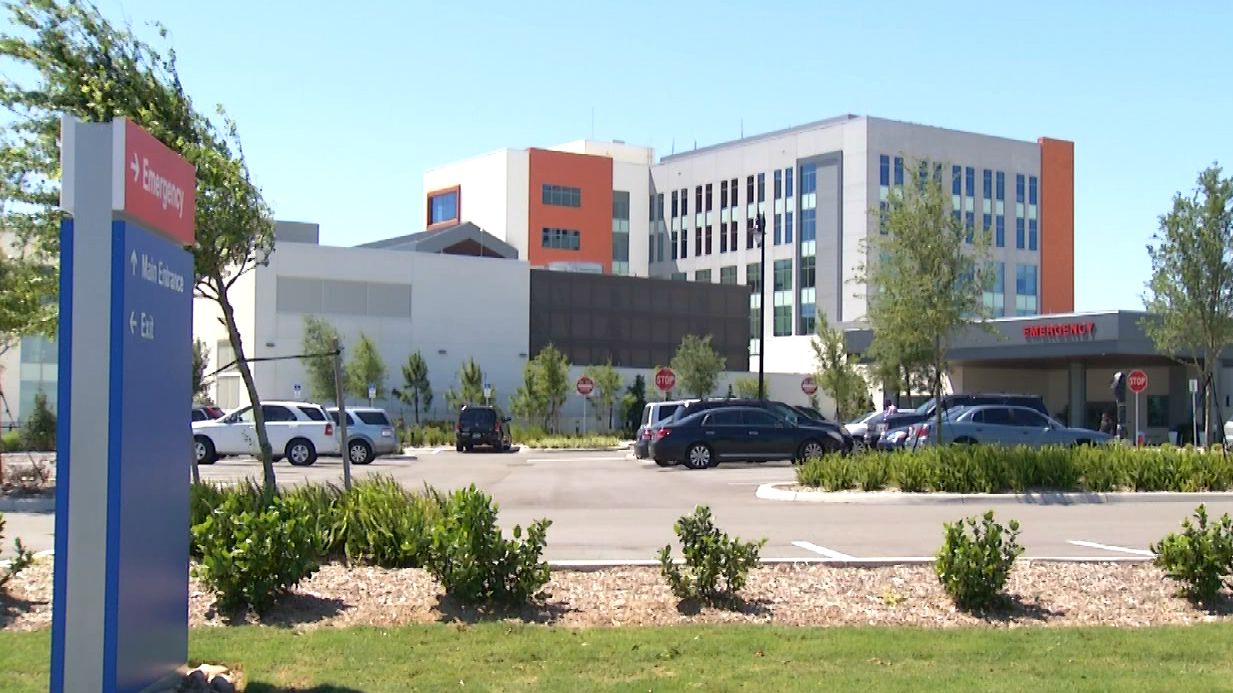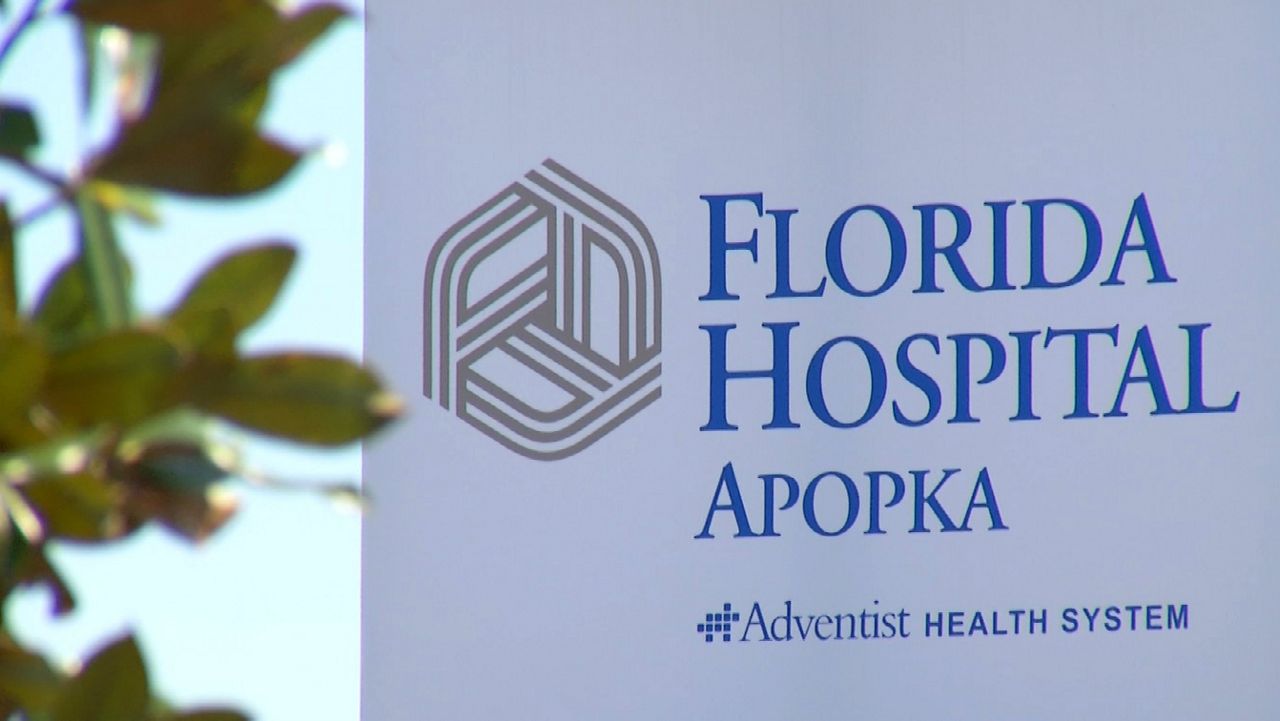APOPKA, Fla. — Florida Hospital is turning to a high-tech solution in their response to emergencies.
- Florida Hospital to start using 'Twiage' app
- App links communication between paramedics, ER medical providers
- App allows first responders to provide real-time patient info
The hospital group is the first healthcare system in the southeast United States to use an app called “Twiage,” which links communications between paramedics in the field with medical providers in an emergency room.
“In the past, we always had to use two-way radios for paramedics to communicate with emergency rooms. We had to actually hail someone in the emergency room. They had to come to the radio and then write all of the information down,” said Apopka Fire Chief Charles Carnesale.
Florida Hospital is covering the costs to install iPad with Twiage in all 10 of Apopka Fire Department’s ambulances. In the weeks to come, Kissimmee, Maitland and American Medical Response are also set to participate.
“Twiage” company co-founder John Hui says the idea is to replace two-way radios with a form of communication that eliminates delays in relaying critical information.
The app allows first responders to provide real-time information about patients before they’re transported to a Florida Hospital location.
“You can actually get a text, get a picture of an EKG, get a picture of a laceration. If they’re having a stroke, you can get a list of symptoms, get a picture of the face, so it does allow you to have much more communications,” said Pam Davis, nurse manager of Florida Hospital Apopka.
Davis said the app allows first responders to provide far greater details about a patient’s condition and medical issues, allowing staff at the hospital to know exactly what to expect. This will allow staff to have an ER prepped with the exact staff and equipment needed.
Twiage also allows a hospital to track an ambulance in real-time using GPS, giving them the ability to know exactly when the patient will arrive.
The app is expected to streamline the in-field process, feeding real-time data to all medical responders involved in that patient’s care at the same time.
“Somehow, some way we have to let the hospital know we’re coming,” Carnesale said. “If we can save a good 30 seconds, a minute, by doing it in 10 seconds, it’s worth it.”
Hui says once data is transferred to the hospital, it is immediately erased from the iPad. He says the app is HIPPA-compliant, keeping all patient information private.
